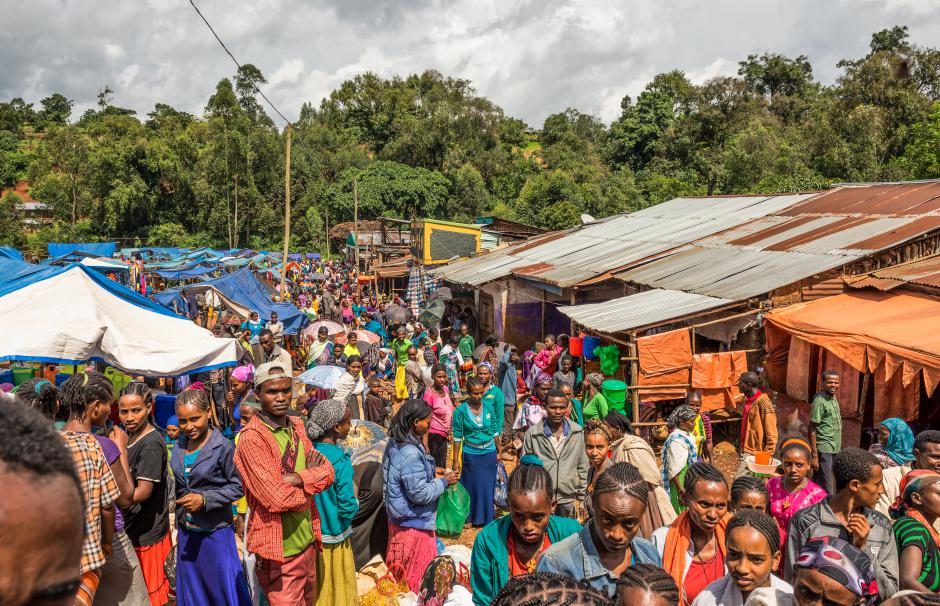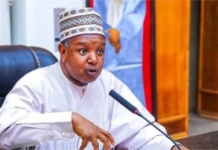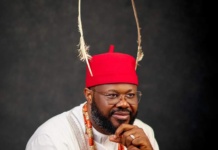By Olakunle Agboola – The year 2050 sounds like a long way off. But it is just 31 years away. And in that time, Africa’s population is projected to double. Africa is currently account for 16% of the world’s population; by 2050, a quarter of the world will be African.

Professor André Roux, economist, USB-ED faculty member and the head of USB-ED’s post-graduate programme in Future Studies, says, “If we’re 25% of the world’s population, we’re 25% of its consumers. One in four consumers on the planet will be in Africa. The implications of that are huge.” How will this impact the continent’s economic development? What will the Africa of 2050 look like? Roux says no one can make predictions, but we can make forecasts by foreseeing a few potential outcomes. He believes there will be two major game-changers for countries:
- The ability to diversify and add value.
- The ability to establish and maintain good Governance, accountability and a rule of law.
- Leadership development will be essential.
He stresses that Africa is far from one homogeneous landmass. “This is a continent made up of 55 extremely distinct countries. So, we shouldn’t forecast the fate of Africa. Rather we need to look at each country individually.”
However, some generalised forecasts are possible. Here Roux paints his picture of Africa 2050:
- Increase in urban dwellers
1.2 billion Africans could be living in cities. Currently there is 400 million urban dwellers (June 2019). 800 million more people will move to the cities in the next three decades. The implications in terms of infrastructure, employment, social welfare and housing are immense. Likewise, food security with a shrinking rural population will need to be in the spotlight.
- Rising youth population in Africa
40% of the world’s under-18s will live in Africa. Our population is big, growing and young. It has the potential to be our greatest asset. However, all the potential benefits of a young population can only materialise if our population is appropriately schooled, and skilled for the challenges of the 4th Industrial Revolution.
- Continental education makeover
Hopefully, we will have found a way to align our education quality to the rest of the world. There are all kinds of reasons why education in Africa is lagging behind. If this doesn’t change, we won’t be able to enjoy the benefits of our demographic dividend. Industry 4.0 (the Fourth Industrial Revolution) calls for cognitive skills. This poses a big challenge, calling for a major makeover of the continental education system. Technological, scientific and managerial skills will be required – but most of the continent currently doesn’t focus on instilling these skills.
- Increase in Africans using internet
By 2030 Africa will have 16% of the world’s internet users (source: Euromonitor International). By 2050? A lot more we can assume. Information technologies and the internet are already changing the lives of millions of Africans in terms of accessing education and mobile money. This bodes well for our continental education makeover.
- Less dependence on mining and agriculture
By 2050, African countries will need to have transformed their economies to become far less dependent on mining and agriculture. Currently, most countries specialise in one or two natural resources – these form the backbone of their economies. But they extract the raw forms and sell these on to someone else. In this way, in a sense we export our wealth. We’re overdependent on resources and prices are determined by a global force. We need to add value ourselves. That means using what we’ve got, not reinventing the wheel.
- Increase in emerging leaders
The enormous leadership potential of Africa’s young people will, hopefully, have been unlocked by 2050. We will have invested in grooming leadership qualities in young people so they become the leaders Africa needs. Currently, more and more of a younger generation of leaders are coming into power in Africa, with no real first-hand knowledge of the post-independence eras of these countries. These leaders are possibly better versed in democracy; better versed in what it means to be more economically competitive. This is driven partly by the demands of a middle-income youth who want middle-income aspirations.
Africa 2050 is a call for awakening and transition of creating jobs at an extremely rapid pace for the next decades. Private sector has a key role to play, both as a source of employment and in furthering economic diversi- cation into new sectors. Enhanced infrastructure and openness to trade will help ensure viable opportunities for businesses to invest and grow.
Improved health and education standards will be essential to ensure that the growing pool of workers has the necessary skills. Flexible labor markets will be crucial to ensure workers’ competitiveness, and nancial development will help tap savings for enhanced investment. In the near term, it is likely that the bulk of job creation will remain in the informal sector, so efforts to enhance the pro- ductivity of the informal sector will be vital. It will also be important to start planning ahead for the projected increase in pensioners by putting in place viable pension systems.
Sub-Saharan African countries stand at a crossroads. Successful reduction of mortality and fertility rates, combined with effective implementation of supporting policies, could enable these countries to capture a large demographic dividend and improve the quality of life for all their citizens. But failure to seize the opportunity provided by the demographic transition could result in a rapid growth in the number of unemployed citizens, with potentially severe social and economic consequences.
Kindly follow us on twitter:@AfricanVoice2









